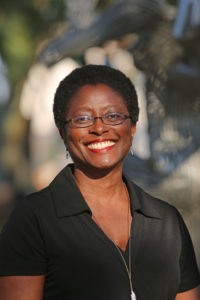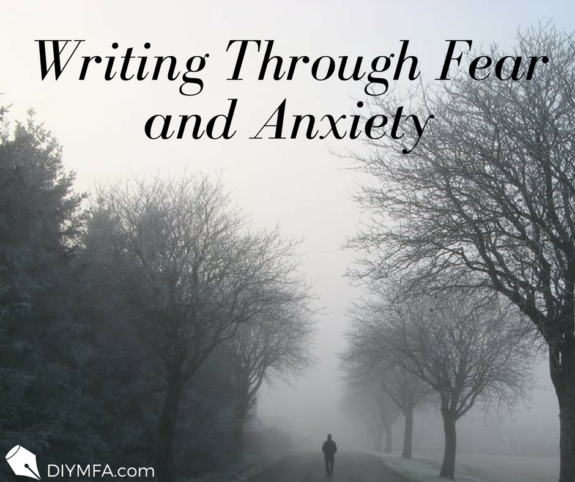I almost didn’t write this article. My every attempt at beginning failed. Interestingly enough, my last Writing Small article, Tips and Techniques for Training Your Writing Brain, covered a number of techniques to fire your writing muscles up. Yet somehow, I still found myself at a loss. While I’m by no means a prolific author, my normal writing pace has me tidily maintaining two regular columns–one about my local library cooperative and this one–as well as penning the occasional poem and a bit of flash fiction. This balky silence was not welcome with a deadline looming.
Negative Capability
For weeks, I read about writing. I scoured my dreams looking for a spark, a place to begin. No such luck. Finally, I sat still. Sat with my increasing anxiety about deadlines, Sat with the screaming need to write something. Into this chaos, an idea emerged — negative capability. Which is a fancy way to say, I was still thinking about fear but now I had a topic.
John Keats believed successful writers possessed what he called negative capability. Writers should be “capable of being in uncertainties, mysteries, doubts, without any irritable reaching after fact and reason.”
Being in the midst of nothingness and not being twitchy or irritable. Acknowledging all of the uncomfortable bits without running. Without looking for distractions. In his new book Why Poetry, Matthew Zapruder calls poets “alchemists of nothingness”. We poets transform that nothingness “into something palpable.”
Nothing into Something
Whether or not I have that enviable capability, I recognize poetry’s power to name the unnameable or find new ways to describe the everyday.
Like Jane Kenyon’s poem, Happiness, takes on that elusive and eponymous state and makes it knowable:
No, happiness is the uncle you never
knew about, who flies a single-engine plane
onto the grassy landing strip, hitchhikes
into town, and inquires at every door
until he finds you asleep midafternoon
as you so often are during the unmerciful
hours of your despair.
Or Nikky Finney’s ability to capture the rush of a writing streak in her poem, The Blackened Alphabet:
I am on I am on
I am pencilfrying
sweet Black alphabets
in an allnight oil
And Jane Hirshfield’s take on life and love in For What Binds Us:
And see how the flesh grows back
across a wound, with a great vehemence,
more strong
than the simple, untested surface before.
There’s a name for it on horses,
when it comes back darker and raised: proud flesh,
as all flesh
is proud of its wounds, wears them
as honors given out after battle,
I sat a while longer with my silence, meditating on the words of poets. Reading and writing poems are both salvation from and antidote to nothingness.
In Praise of Spontaneity
I’ve had this battle with fear before (and most certainly will again). A couple of years ago, I didn’t write for almost six months. While I made my way through it, I found no magic pill or easy cure.
To break my writing fast, I sat down each evening for two weeks with an fast writing pen, a plain notebook, and my computer. I sat with an expectation to write a poem before I went to bed. Not a Pulitzer Prize-winning poem, just simply a poem. (However, I did write a few of which I’m quite proud — Lady Lazarus, Medicine, and Desire Lines.)
Amazingly, each night I wrote a new poem and posted it on my blog. The more I wrote, the easier it became. What a miraculous thing it is to write without fear.
So it was then; so it is now.
Consider this a praise song for sitting with nothingness and an invitation to jump in–jumping into the deep end and finding you can swim.
 Brenda Joyce Patterson is a poet, writer, librarian, and lover of short writing forms. Her poetry and flash fiction have been published in Vayavya, Gravel Magazine, and Melancholy Hyperbole. Along with works by Maya Angelou, Gwendolyn Brooks, and Alice Walker, her travel essay “The Kindness of Strangers” appeared in Go Girl: The Black Woman’s Guide to Travel and Adventure.
Brenda Joyce Patterson is a poet, writer, librarian, and lover of short writing forms. Her poetry and flash fiction have been published in Vayavya, Gravel Magazine, and Melancholy Hyperbole. Along with works by Maya Angelou, Gwendolyn Brooks, and Alice Walker, her travel essay “The Kindness of Strangers” appeared in Go Girl: The Black Woman’s Guide to Travel and Adventure.







